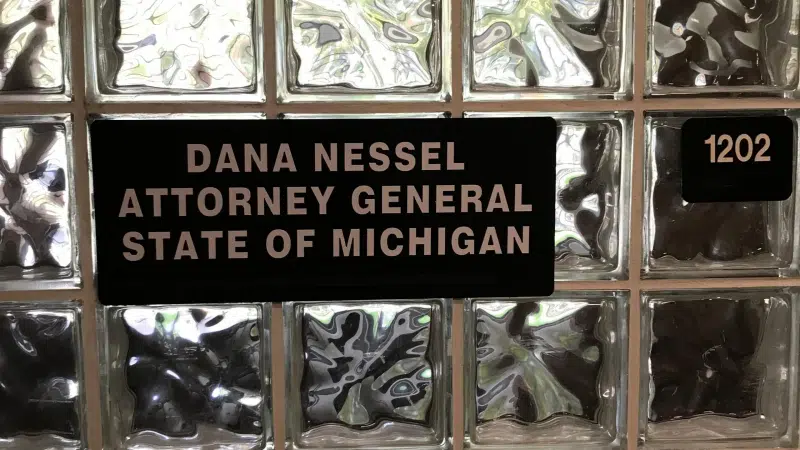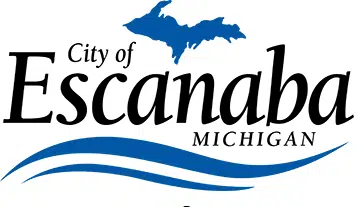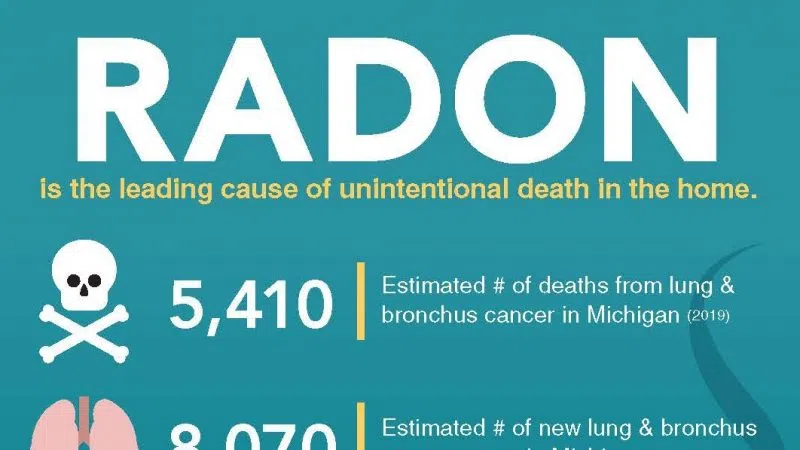Today, Governor Gretchen Whitmer announced her MI Healthy Communities plan, a $1.4 billion proposal to expand care for families, build up facilities, and invest in local public health with federal relief dollars from President Biden’s American Rescue Plan. The plan will address many of the deficiencies in Michigan’s health infrastructure that were revealed during the pandemic and provide resources to meet Michigan families’ mental health needs, expand access to behavioral care and telemedicine, upgrade nursing homes, and bolster local public health departments.
“The COVID-19 pandemic exposed and exacerbated critical gaps in our health system, and the MI Healthy Communities plan makes long-overdue investments to put Michigan families first,” said Governor Whitmer “My plan would invest in mental health care, build up health infrastructure, keep seniors safe from infectious diseases, and provide resources to families and local health departments to expand and improve care. Right now, we have a once-in-a-generation opportunity after a once-in-a-century crisis to make families healthier and safer, and I look forward to working with the legislature to spend the billions of federal dollars we have to expand care, build up facilities, and invest in every community.”
“It is just as important that we find these meaningful ways to address behavioral health as it is to address physical health at any stage of life. Everyone should have access to the behavioral health services they need when they need them,” said Elizabeth Hertel, Director of the Michigan Department of Health and Human Services. “Yet, over half of Michiganders with a behavioral health diagnosis and nearly 70% with a substance use disorder do not receive treatment. This impacts the individual, their families and their communities. The investments Governor Whitmer is making in the health of Michiganders provide a golden opportunity to change this narrative and ensure Michiganders can access the services they need in their own backyard.”
“Investing in the infrastructure of Michigan’s skilled nursing facilities is essential in the efforts to continue to protect residents from COVID-19 and other infectious diseases,” said Melissa Samuel, President & CEO of Health Care Association of Michigan. “Using this funding to invest in our caregivers will encourage dedicated individuals to stay in the profession. We appreciate Governor Whitmer’s support of our providers and the residents they serve.”
“Every day, local public health departments work hard to make the communities we serve healthier, safer, and stronger. We applaud Governor Whitmer’s proposal to support our efforts and we remain steadfast in our commitment to serve our neighbors, just as we have through the once-in-a-century pandemic,” said Ingham County Health Officer Linda Vail. “These game-changing funds are a tremendous investment in local public health. This will position our health departments to not only face the next challenge, but also to get things done that make a real difference in people’s everyday lives. I’ve served in public health for nearly 20 years, and this is the most significant investment into the public health system and infrastructure that I’ve seen in my entire career.”
“Access to quality mental health care is a major issue in Michigan. The Governor’s plan would address this problem in a big way,” said Antu Segal, PsyD, ABPP, President of the Michigan Psychological Association. “The Michigan Psychological Association supports the construction of a new hospital with up-to-date behavioral health architecture to meet the needs of Hawthorn Center and Walter Reuther Hospital patients. Further, Our organization recognizes that additional behavioral health providers are needed to address the increased rates of mental health disorders in Michigan residents. MPA looks forward to seeing the details of the Governor’s plan.”
The MI Healthy Communities plan can be broken down into three key areas: 1) Expanding care for families, 2) Building up health facilities, 3) Investing in local public health.
Expanding Care for Families
After the unimaginably difficult year-and-a-half Michigan families have faced, we need to take a more complete look at our health. For too long, Michigan has under-invested in mental health, and after a once-in-a-century pandemic that stretched families thin financially, mentally, and physically, we need a significant investment in comprehensive healthcare, now more than ever. Every Michigan family, no matter where they live or how much they make, deserves access to high-quality mental and behavioral health care. The investments outlined below will help meet the mental health and behavioral care needs of Michiganders by expanding access to critical service and increasing and diversifying treatment access across the state.
- $335 million to increase capacity for community-based behavioral health and substance use disorder treatments. Grants will improve access across the state for:
- Interventions for people with autism spectrum disorder
- Mental health crisis supports
- Residential and community-based services for children
- Community-based wrap-around behavioral health services
- Substance Use Disorder detoxification
- Inpatient hospital services
- $20 million in telemedicine infrastructure support to build, equip, and operate secure rooms to access telehealth services at public locations including MDHHS local offices, homeless shelters, and community centers.
- $20 million to provide respite care services to relieve families who are providing continuous direct care to a family member typically done by a paid caregiver, ensuring families have the opportunity for a brief reprieve from providing care while juggling other responsibilities.
- $19 million in additional financial support for foster parents and foster youth living independently to mitigate the financial impacts of COVID, based on need. Support will come in the form of $1,500 lump sum payments to caregivers and independent living foster children to help with childcare costs, education, and technology supporting virtual school or work.
Building Up Health Infrastructure
The pandemic exposed gaps in our healthcare system that had existed for years, perpetuated by persistent underinvestment. Now, Michigan has an opportunity to invest in our most vulnerable populations—residents of nursing homes, psychiatric patients, the working poor, and the unhoused.
- $39 million for infection control in nursing homes, including improvements to HVAC systems, the creation of negative air pressure rooms and more isolated beds, and infection control training for nursing home staff.
- $325 million to build a new state psychiatric facility in Southeast Michigan to replace the Hawthorn Center and Walter Reuther Psychiatric Hospital, providing more beds for youth psychiatric patients.
- $220 million to build a new, state-of-the-art public health laboratory.
- $77 million to retain direct care workers with bonus payments, improved training, and enhanced employment support services to address barriers to entry into the field.
- $40 million in home repair and plumbing assistance to support minor home and plumbing repair needs for residents with incomes below 200% of the federal poverty level.
- $10 million to provide grants to homeless shelters for health-focused improvements and repairs.
Investing in Local Communities
Effective public health processes and facilities are critical to ensuring an effective emergency response to pandemics or routine health challenges. We must ensure every community has the resources it needs to be healthy. The investments outlined below are centered on increasing connectivity between MDHHS and local health departments, improving the sophistication of state public health response, and helping families, communities, and small businesses get the support they need.
- $45 million in grants to local public health departments for essential purchases related to the pandemic not covered by other federal funds, including mobile healthcare access, community outreach, and COVID testing and vaccination.
- $15 million to establish the COVID-19 Recovery Network Navigator Program which will support community health workers connect Michiganders experiencing continued COVID symptoms access the care they need.
- $13 million in grants to private childcare institutions for staff training in trauma-informed treatment.
- $11 million to fund trauma-informed community-building grants that will provide resources to community organizations for new initiatives to address health problems created or worsened by the pandemic.
- $10 million in training funds for public health leadership to address trauma-informed management practices in the post-COVID world.
- $10 million to implement employee wellness supports for the public health workforce, including the evaluation of the well-being of local health department staff and strategies to address stress, burnout, and other impacts of the pandemic.
- $115 million in state operated health information technology systems such as the Michigan Care Improvement Registry (MICR), Michigan Disease Surveillance System (MDSS), Michigan Health Information Network (MiHIN), and other technical systems to improve interconnectivity and better coordinate critical resources.
- $66 million to enhance MIBridges, supporting predictive analytics that connects people to the nutrition, housing, healthcare, and other services they may need.























Comments